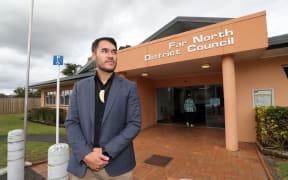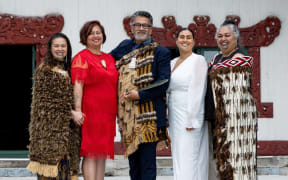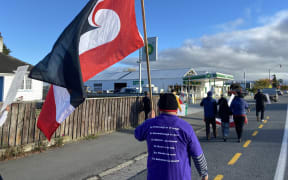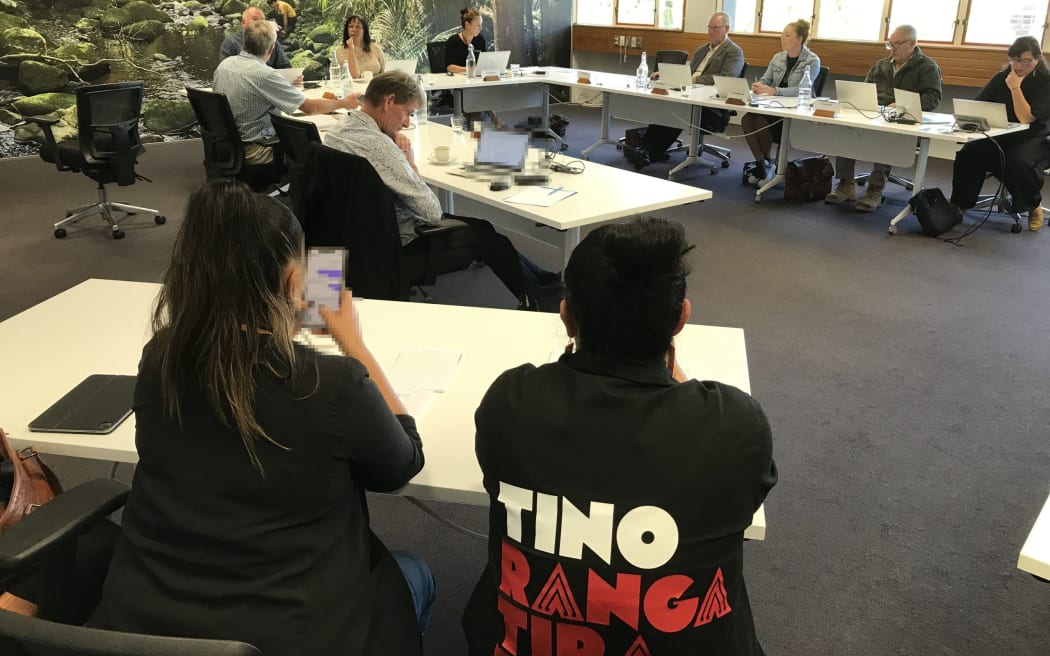
Northland Regional Council's hybrid council meeting where councillors attending in person and by online link from Kaitāia and Samoa decided to push back against signalled government Māori ward changes. Photo: LDR / Susan Botting
The Northland council that played a key role in getting Māori ward polling removed is now lobbying against government plans to reinstate binding referendums.
Northland Regional Council (NRC) twice wrote to then local government minister Nanaia Mahuta in 2020 seeking a change to the Local Electoral Act (LEA) so that registered electors could not force a council to hold a binding referendum on setting up a Māori ward.
That NRC move came as its councillor and former deputy chairperson John Bain resigned on the spot from the council's October 2020 meeting where it decided to bring in a Māori constituency for the 2022 local elections without holding a binding poll.
In November 2020, Bain then set up Democracy Northland and gathered petition signatures amounting to 7.25 percent of registered NRC electors demanding a poll of this type - significantly more than the five percent required to force it to happen.

Such polls have typically resulted in such council decisions being overturned.
In February 2021, Mahuta spearheaded LEA changes removing binding polls for Māori wards, voiding Bain's efforts.
NRC this week moved to again lobby the government, but on a different tack, in what was now its four-year Māori ward fight.
The council plans to write to current Local Government Minister Simeon Brown expressing concern over his signalled plans to rescind Mahuta's poll removal and instead allow electors to demand this.
Seven of NRC's nine councillors unanimously moved at a council meeting this week to formally push back against the government's signalled amendments to Māori wards legislation, which would allow for a binding poll on council decisions to introduce or continue with this political representation.
NRC chairperson Geoff Crawford was overseas and absent from the meeting. Councillor Jack Craw was in Samoa but participated in the meeting through an online link.
"...status quo arrangements under the LEA are appropriate ... it is unclear what problems the proposed amendments are trying to correct," NRC said in the council meeting agenda in support of this action.
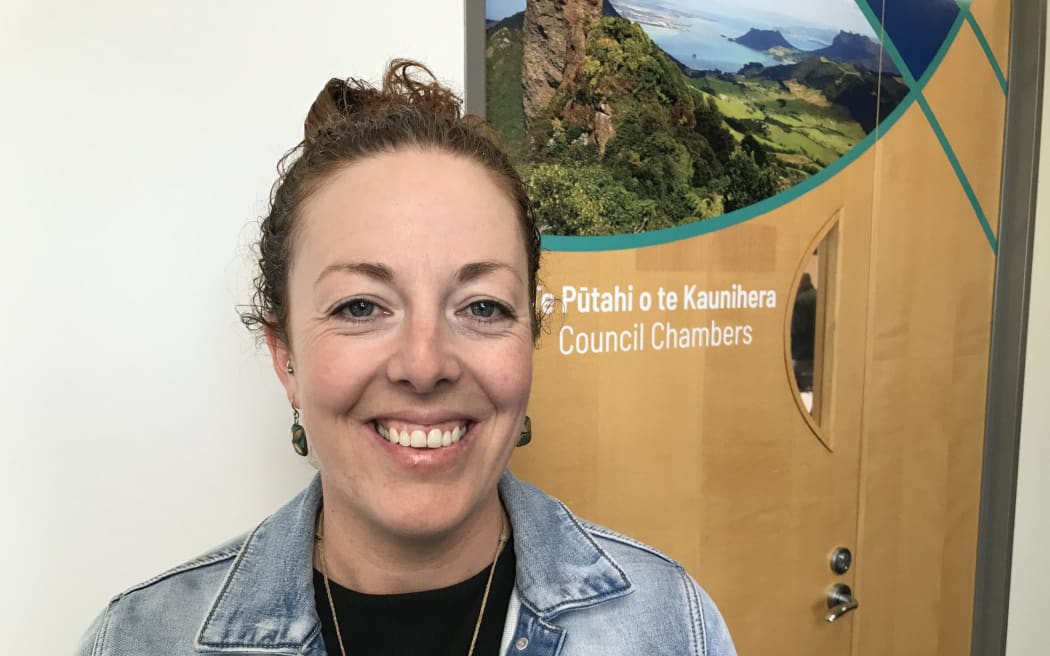
NRC councillor Amy Macdonald says her council's Te Raki Māori Constituency has strengthened its democracy. Photo: LDR / Susan Botting
Councillor Amy Macdonald was involved as an NRC councillor in setting up Te Raki Māori Constituency, which began in 2022.
She described Brown's signalled poll reversal plans as "disappointing and [it] takes us backwards".
Macdonald said the now 18-month-old Te Raki Māori Constituency her council had pushed so hard for had proven its worth and needed to stay.
It had provided better engagement in a region with a high percentage of Māori.
"It has been of real value, strengthening our conversations around the council table," Macdonald said.
"It's brought a new level of insight to all of our decisions.
"For us it's important to remember the huge depth of process went through to establish a Māori constituency for NRC."
The council had engaged widely as part of the constituency's creation, she said.
It had further been a huge milestone for NRC to be part of Northland in 2022 becoming the first region in New Zealand with all its councils having Māori wards for the first time.
The NRC agenda said binding polls unfairly gave the majority the right to make decisions on matters affecting the rights of what was a Māori minority in most regions.
"To date, there has been no engagement with Māori on the government's signalled changes to the Local Electoral Act 2001 or on the council position in relation to the potential changes."
However, engagement by council with Māori on the establishment of Māori constituencies and during the (council's) 2021 representation review suggested Māori will likely hold strong views on the signalled changes and would solidly support retaining the status quo in the LEA, the agenda said.
The meeting agenda said that before Mahuta's 2021 LEA amendment, there had been only two councils which established Māori wards/constituencies with seven council decisions overturned by polls. That had changed after the 2021 amendment with 45 of New Zealand's 78 councils now having set up Māori wards or intending to do so.
"The introduction of a binding polling system will impose a higher procedural standard for Māori wards/constituencies than is required for general wars/constituencies, which is contrary to natural justice and democratic principles," the agenda said.
"Reversion to a polling system will make it more difficult for councils to meet legislative requirements to facilitate Māori participation and representation."
LDR is local body journalism co-funded by RNZ and NZ On Air.
